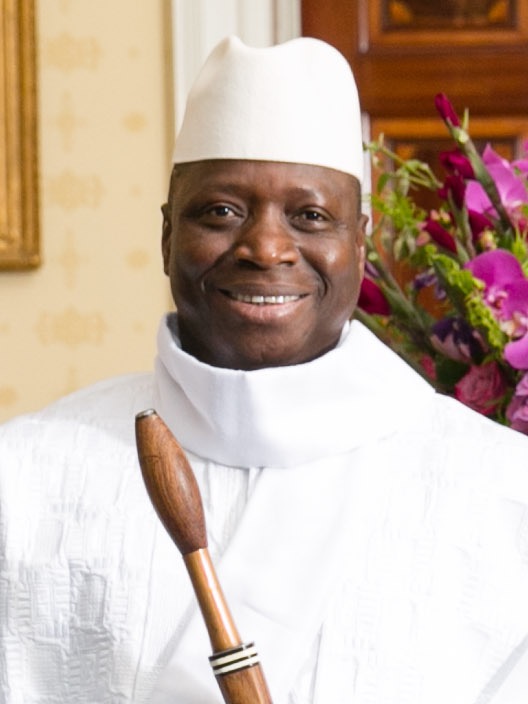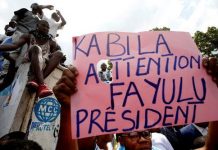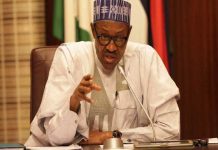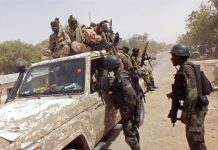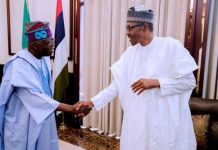The Truth, Reconciliation and Reparations Commission (TRRC) in Gambia started hearing testimonies from witnesses on Monday, as it set about investigating rights violations committed by the regime of Yahya Jammeh.
Modelled on South Africa’s investigation into its apartheid era, the commission will hold hearings into Jammeh’s 22-year era of oppression which ended in 2016 after he was forced from power.
President Adama Barrow has hailed the commission as a step towards national healing and a way to prosecute those responsible and offer some closure to victims and families.
Rights defenders accused the regime of systematic torture against opponents and journalists, extrajudicial executions, arbitrary detentions and disappearances in the English-speaking country.
First witness
The first witness on Monday, Ebrima Chongan, a police deputy inspector general before the 1994 coup which brought Jammeh to power, testified that he was tortured in a rat-infested prison outside the capital Banjul after the coup.
He said one government official put a gun in his mouth.
“They beat me and pulled me out and showed me some blood and one of the soldiers asked me to say my final prayers,” he said. “I am not embarrassed to say I was screaming. I thought I would die.”
Jammeh’s reign of terror
After Jammeh took over The Gambia, the smallest country on the African mainland, he installed a network of oppression, driven by the police, the National Intelligence Agency (NIA) and a death squad called the Junglers.
Atrocities uncovered in the past two years include the execution in 2005 of 52 migrants from neighbouring Senegal whose bodies were dumped down a well.
His reign began to fall apart in 2016, when he suffered an electoral defeat at the hands of Barrow, then an opposition leader.
He refused to step down, but was forced out after other West African countries intervened militarily and diplomatically. He flew into self-imposed exile in Equatorial Guinea.
Hope for justice?
The Truth, Reconciliation and Reparations Commission (TRRC) aims at using a court-like approach to investigate how abuse began and became systemic, as well as its impacts.
“The start of the TRRC hearings is an important initial step towards securing justice, truth and reparations in Gambia,” Amnesty International said in a statement.
At least 200 people crowded the exhibition hall of a Banjul hotel for the first day of hearings, with dozens more huddled outside within earshot while others tuned in across the country to live radio and television broadcasts.
“Today is the day, and we want to hear from every single witness and victim,” said Baba Jallow, the commission’s executive secretary, who as a journalist in 2000 was forced into exile by threats from Jammeh’s forces.
“I am just grateful that the process … is finally off the ground.”
The commission is empowered to advise prosecution of perpetrators and recommend financial compensation to victims.
Its board members are drawn from all the country’s major regions, its five main ethnic groups and two religions, led by a retired UN diplomat, Lamin Sise.

